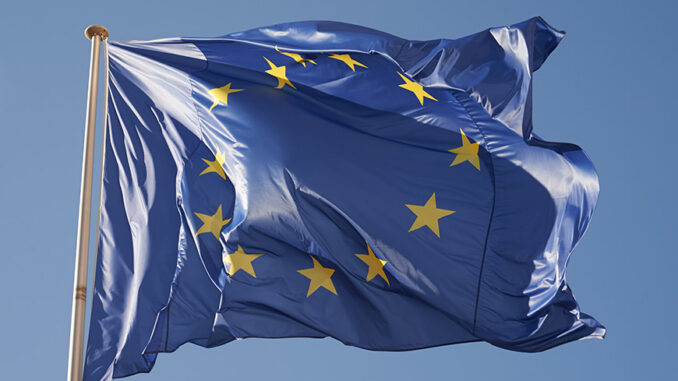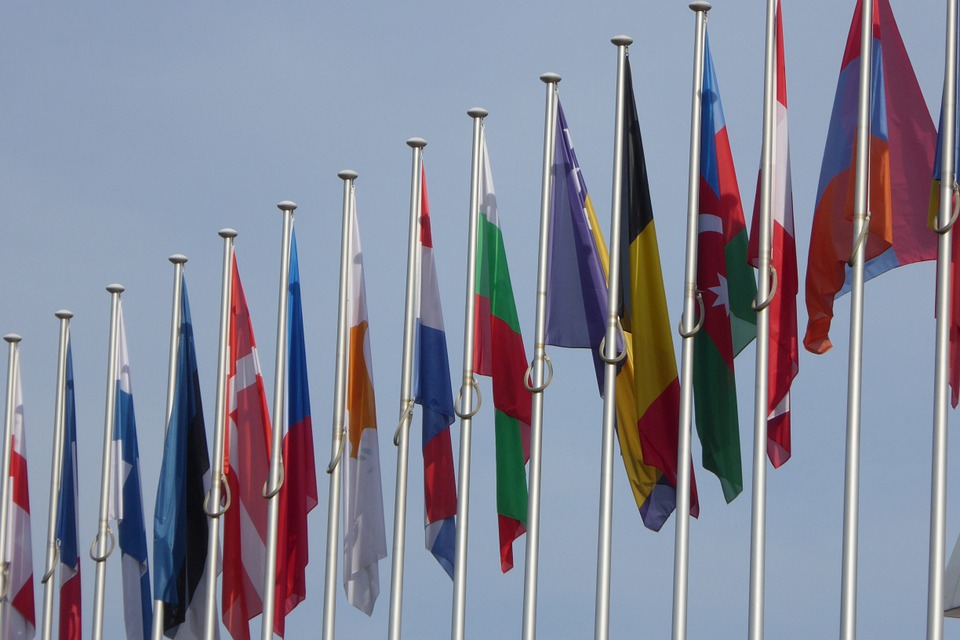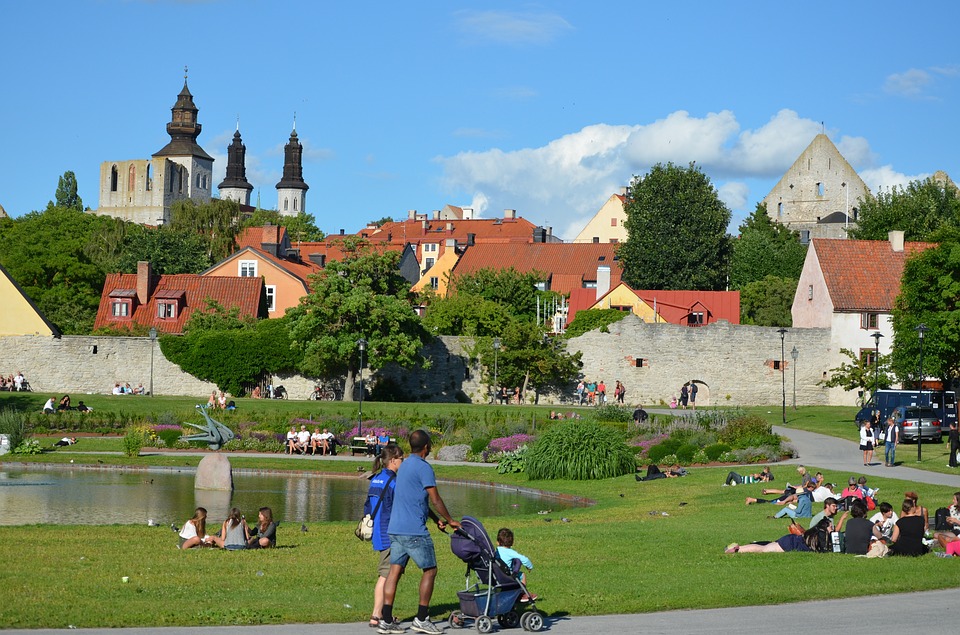
Reglerna syftar till att säkerställa ett EU-omfattande skydd av journalister, medieorganisationer, aktivister, akademiker, konstnärer och forskare mot ogrundade och kränkande rättsliga förfaranden. Den nya lagen kommer att gälla i gränsöverskridande fall och skydda människor och organisationer som är verksamma inom områden som grundläggande rättigheter, miljön, kampen mot desinformation och korruptionsutredningar mot kränkande domstolsförfaranden som syftar till att skrämma och trakassera. Ledamöterna säkerställde att mål kommer att betraktas som gränsöverskridande såvida inte båda parter har hemvist i samma land som domstolen och ärendet endast är relevant för en medlemsstat.
- Rules will address growing number of so-called “strategic lawsuits against public participation” (SLAPP) against journalists and media outlets
- Applied in cross-border cases
- Member states not to recognize abusive judgments by non-EU countries
The rules aim to ensure the EU-wide protection of journalists, media organisations, activists, academics, artists and researchers against unfounded and abusive legal proceedings.
The new law will apply in cross-border cases and protect people and organisations active in areas like fundamental rights, the environment, the fight against disinformation and corruption investigations against abusive court proceedings intended to intimidate and harass. MEPs ensured that cases will be considered to be cross-border unless both parties are domiciled in the same country as the court and the case is relevant only to one member state.
SLAPP initiators to prove their case
Defendants will be able to apply for the early dismissal of manifestly unfounded claims and in such cases the SLAPP initiators will have to prove their case is well founded. Courts will be expected to deal swiftly with such applications. To prevent abusive lawsuits, courts will be able to impose dissuasive penalties on claimants, usually represented by lobby groups, corporations or politicians. The courts can oblige the claimant to pay all the costs of proceedings, including the defendant’s legal representation. Where national law does not allow these costs to be fully paid for by the claimant, EU governments will have to ensure they are covered, unless they are excessive.
Measures to support SLAPP victims
MEPs managed to include in the rules that those targeted by SLAPPs might be compensated for inflicted damage. They also ensured that SLAPP victims will have access to comprehensive information on support measures, including on financial assistance, legal aid and psychological support via an appropriate channel such as an information centre. Member states will also have to provide legal aid in cross-border civil proceedings, ensure that final SLAPP-related judgements are published in an easily accessible and electronic format and gather data on SLAPP cases.
EU protection against non-EU SLAPPs
EU countries will make sure that third-country judgments in unfounded or abusive proceedings against individuals of institutions domiciled in their territory will not be recognised. Those targeted by SLAPP will be able to claim compensation for related costs and damages in their domestic court.
Quote
Following the negotiations, lead MEP Tiemo Wölken (S&D, Germany) said: “After intense negotiations, we have a concluded a deal on the Anti-SLAPPs directive – a step towards ending the widespread practice of abusive lawsuits aimed at silencing journalists, NGOs and civil society. Despite the Council’s attempts to significantly weaken the Commission’s proposals, Parliament secured a deal that includes a definition of cross-border cases, accelerated treatment for key procedural safeguards such as early dismissal and provisions on financial security, as well as flanking support measures on assistance, data collection and the compensation of costs.”
Next steps
Once formally approved by the plenary and the member states, the legislation will enter into force twenty days after its publication in the Official Journal. Member states will have two years to transpose the legislation into national law.
Background
The European Parliament has long advocated for strengthened media freedom and improved protection of those targeted by SLAPPs. In light of the increasing number of SLAPPs in the EU, MEPs have adopted a series of resolutions since 2018 calling for EU action against legal harassment of journalists, media outlets and activists. The European Commission presented its proposal in April 2022, including many of the measures MEPs were pushing for in a 2021 resolution.
redaktionen@dikko.nu
Att vara en oberoende tidning kostar pengar därför använder vi oss av crowdfunding. Det innebär att människor med små eller stora summor hjälper till att finansiera vår verksamhet. Magasin DIKKOs insamlingen sker via swish: 123 242 83 40 eller bg: 5534-0046
Vill du annonsera eller sponsra, synas eller höras i våra media?
Kontakta oss på redaktionen@dikko.nu
eller ring 0768 44 51 61
IBAN: SE19 9500 0099 6042 1813 4395
BIC: NDEASESS




